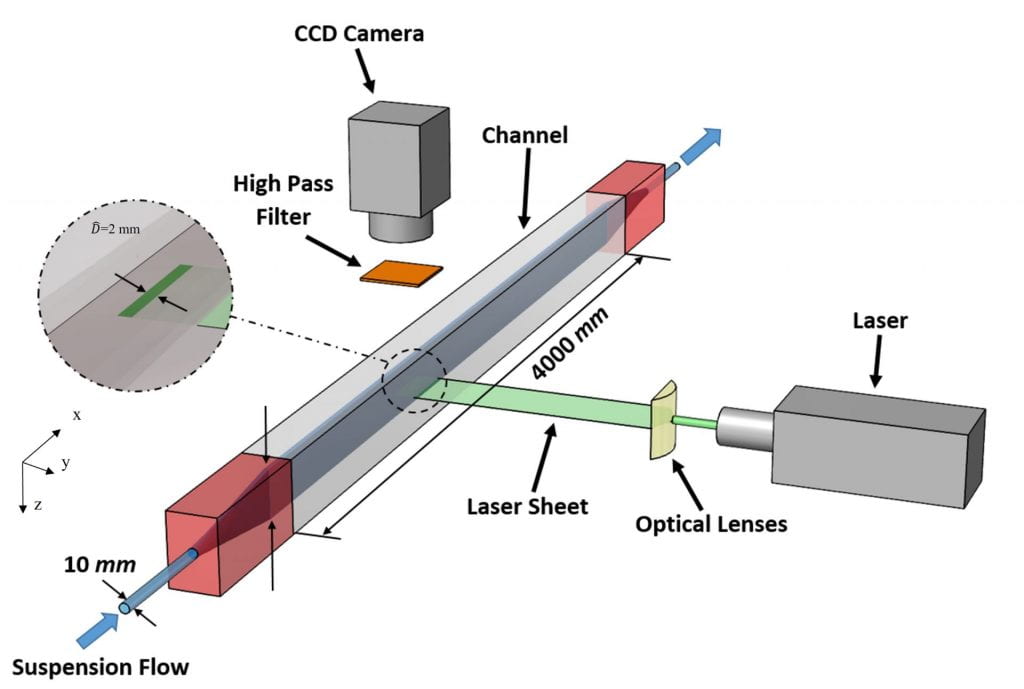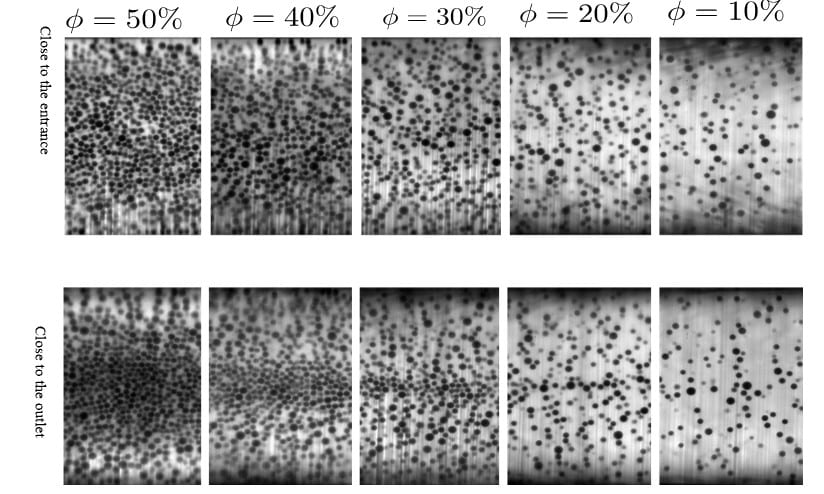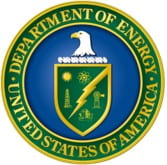Research
Research Overview
The Hormozi group’s investigations focus on soft matter physics and understanding real-world transport and fluid mechanics problems through a mechanistic lens. Their work involves large core computations, advanced lab-scale experiments, and applied mathematical techniques to approach three areas of research: advanced materials, bioengineering, and clean energy. The group explores systematic engineering of multifunctional soft matter, bacteria motility within varying environments, and methods of geothermal heating. The group has also contributed to better integrating the fields of colloidal science and non-Brownian suspensions.
Research Approach

Breakdown of Projects in Relation to our Research

Areas of Research
Advanced Materials
Our projects focus on designing new materials with specific rheology and properties and it is motivated by fundamental questions in non-Brownian suspensions such as: What is the role of particle shape? What is the role of particle inertia? Answering these questions has so far remained elusive due to the difficulties that arise when dealing with particles of irregular shapes and inertia in experimental, computational, and theoretical approaches. We apply novel experimental tools and efficient computational techniques to address these fundamental problems with profound practical implications such as designing multi-functional materials.

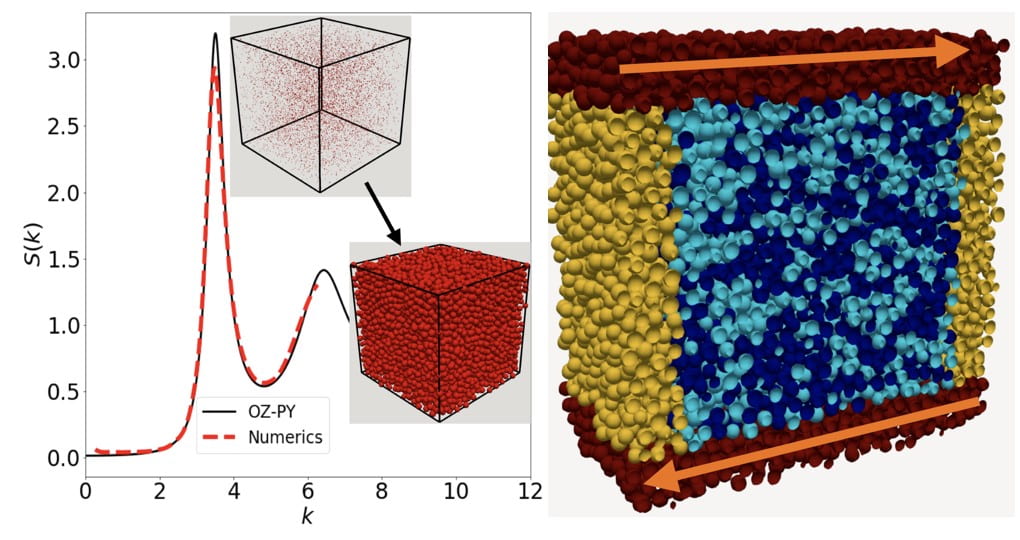
Bioengineering
This project focuses on understanding the mechanics of bacterial motility in biological fluids and designing artificial biofluids. Bacterial swimming in complex biological fluids such as mucus contributes to the virulence of pathogenic bacteria by allowing them to reach the plasma membrane of susceptible cells and cause systemic infections. In addition, motile nonpathogenic bacteria or synthetic swimmers may provide a route for drug delivery through mucus. Therefore, a fundamental understanding of how the rheology and properties of biological fluids affect the bacteria swimming could inform therapies by changing the properties of mucus, optimizing the design of synthetic swimmers, or developing gene regulatory programs for bacteria.

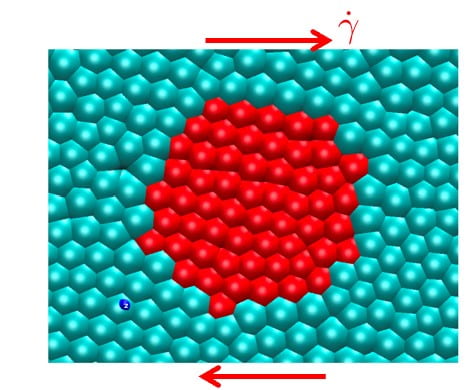
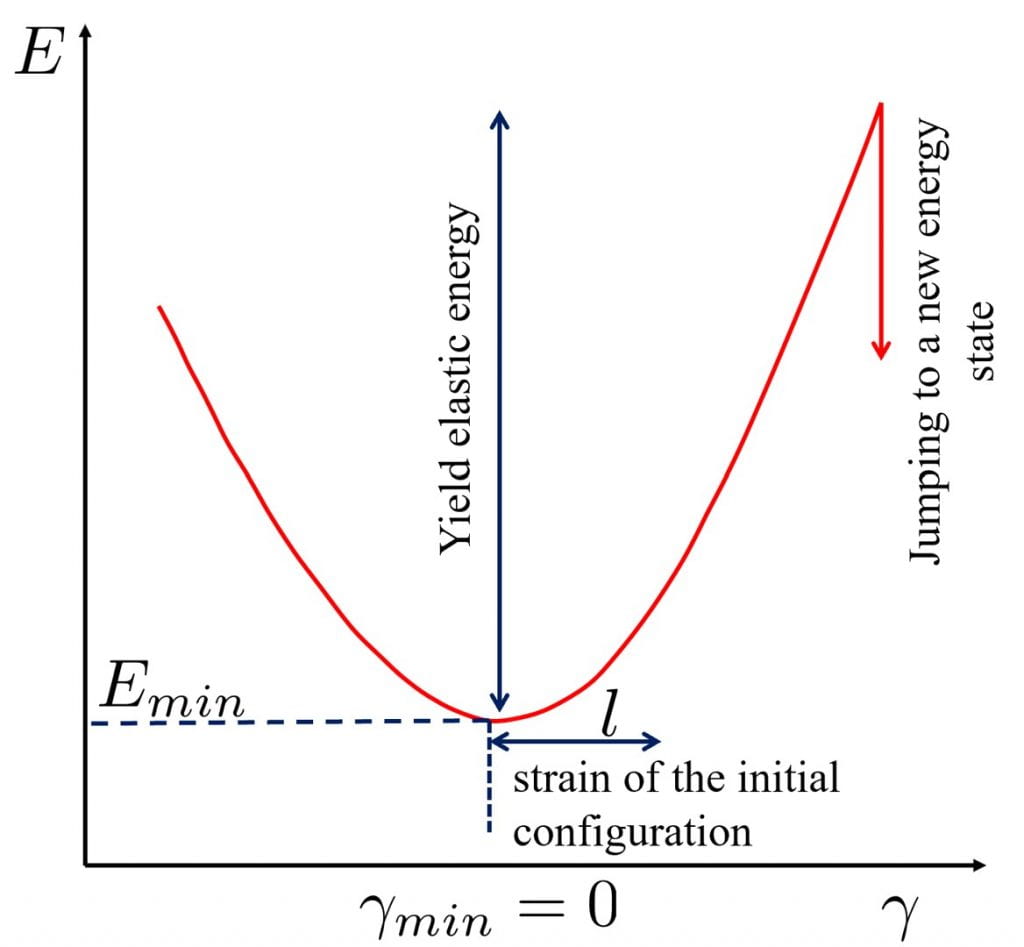
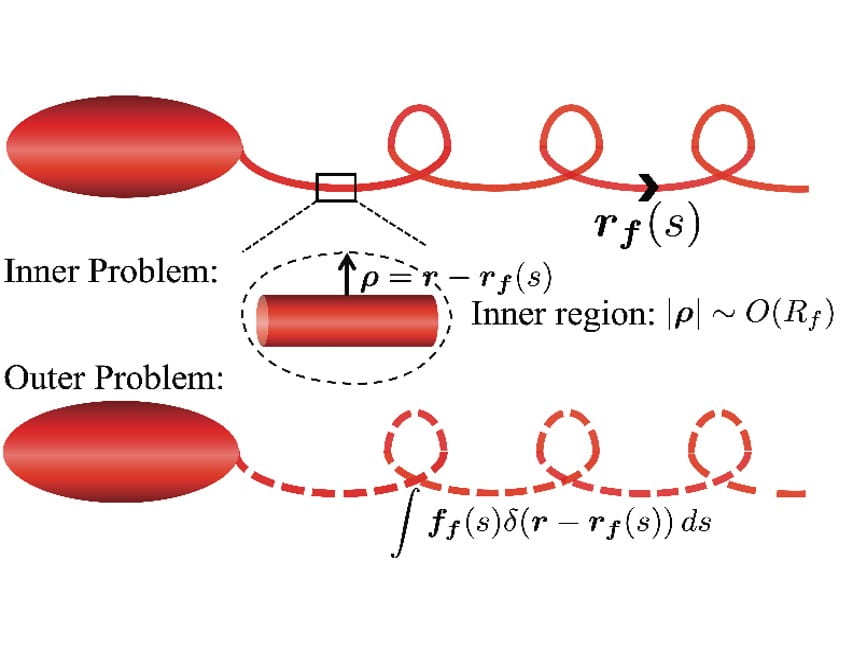
Clean Energy
These projects investigate the fundamental problems of complex slurries for applications such as large-scale natural disasters and geothermal heat sources. Our lab is part of deep geothermal Heat research at Cornell University with the aim of maximizing the efficiency of the geothermal resources.
Collaborators at Cornell: Professor Koch, Tester, Wiesner, and Alabi
Join us for weekly Soft Matter Discussions with the Cornell Soft Matter Hub. These seminars were organized by Professor Hormozi and Professor Abbott. Visit Cornell Soft Matter Hub for more information.
